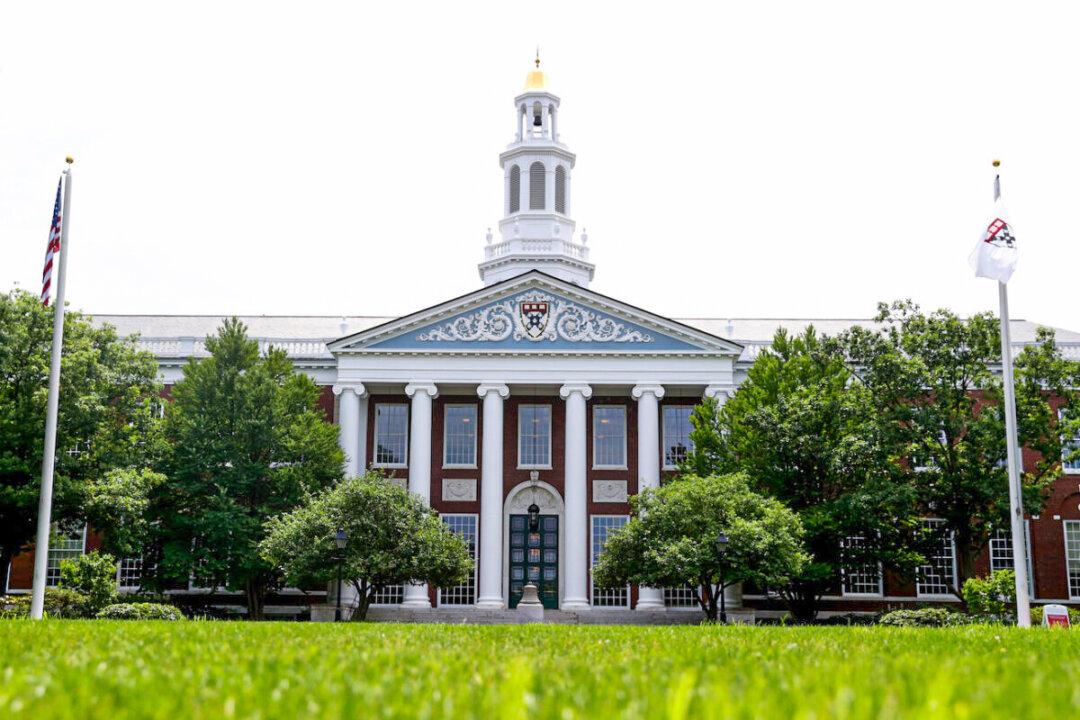Harvard University has announced that it will require COVID-19 vaccine booster shots and that it will also mostly shift to remote learning for the first three weeks of January 2022, citing the spread of the Omicron coronavirus variant.
“Looking to the spring semester, Harvard will require COVID-19 boosters for all members of our community who are eligible, including students, faculty, staff, and researchers (individuals with an approved exemption will not need to submit additional information),” university administrators said in a Dec. 16 statement.




